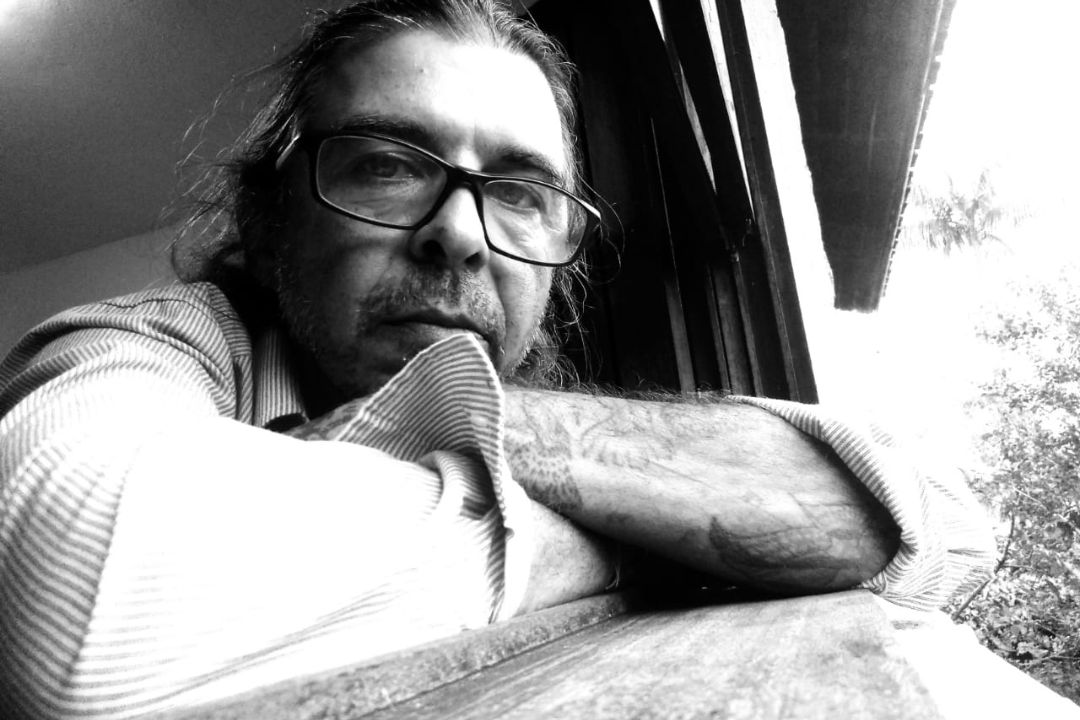At the age of 6, Petria starts being abused by her father. At 12, his father is already making money out of his daughter’s prostitution. Petria sees in the stars the figures she is fond of, mainly fishes. She wishes a book about fishes, which she can’t afford. At that time, Alfredinho moves into the neighborhood with his family, coming from their shed by a river bank, after it was taken over by a dam. To help his parents, Alfredinho looks for a job and meets Petria in the streets. They become friends, and the boy falls in love with her. Not able to find a job, Alfredinho, incited by his sister, starts stealing, and, in an attempt to give Petria some joy in life, they run away, so he can show her live fishes in the place where his house stood before.
